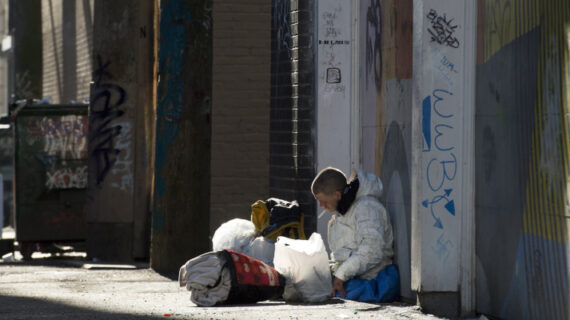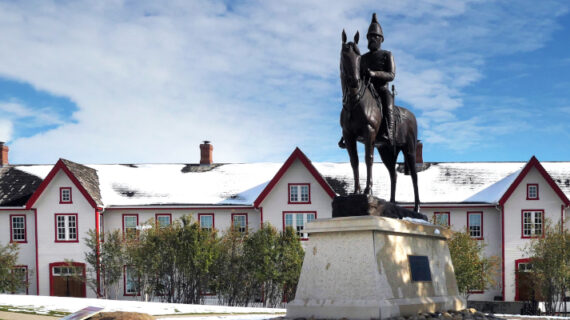The Hub was recently in dialogue with Kim Nossal, one of Canada’s leading foreign policy scholars and author of the new book Canada Alone: Navigating the Post-American World, about the evolving geopolitical order and the need for Canadians to “rethink our position in the world.”
The following is an excerpt of the longer conversation with Sean Speer, The Hub’s editor-at-large.
The world has changed and Canada needs to wake up
SEAN SPEER: If one accepts the premise that Canada needs to reinvest in its defence, diplomacy, and foreign policy capacities in the face of an evolving geopolitical order, how do you persuade Canadians after decades of being socialized that we don’t need to concern ourselves with these types of questions?
KIM NOSSAL: Therein lies the significant difficulty for Canadian leaders, and indeed, for Canadians themselves. During that period of American dominance and leadership, Canadians were extraordinarily lucky in the sense that we were able to avoid the necessity of confronting the nastiness of world politics, because not only were we protected by two oceans, and an inhospitable area to our north, but also, of course, the Americans. So we very much got into the habit of not having to worry about international politics.
Now, we’ve got a radically different situation. But it’s not clear to me that Canadians have been able to, in a sense, rethink our position in the world because it hasn’t yet hit us, to put it bluntly. And because it hasn’t hit us, as Canadians, it also hasn’t hit the people that we send to Ottawa for governance. Our governors, in a sense, look like us and they think like we do, as far as this is concerned.
From that point of view, there’s a real problem. We really have to be hit and hit hard. The way we were, for example, during the summer of 1914, or the way that we were hit on Labour Day weekend in 1939. So all of a sudden, in a sense, wake up to the changing geostrategic order.

Our foreign policy is too self-indulgent
SEAN SPEER: One of the limits, it seems to me, to a reinvigorated foreign and defence policy is that so many in Ottawa’s political class seem more interested in provincial and local issues than they do federal powers. What can be done to overcome what you’ve described as “Canada’s purely performative foreign policy?”
KIM NOSSAL: Well, this is a criticism that Canadian governments have been subjected to for far longer than just simply the Trudeau government—although Mr. Trudeau’s foreign policy has been even more performative than those of the Harper government before him or the Martin government before that. The real concern here is that Canadian foreign policy has developed this tendency to be focused much more on, in a sense, what impact it’s going to have on Canadians and on Canadian politics than the impact on the international system, which is really what foreign policy should be all about. In that sense, the various moves and initiatives that Canadian governments have taken seem to be designed essentially to make Canadians feel good about themselves, rather than to have an actual impact out there. Not in every area, but there tends to be a tendency to want to perform for Canadians rather than to perform for the world.
Listen to Kim Nossal’s full interview with The Hub’s editor-at-large Sean Speer on the audio player below or on your favourite podcast app.
If you enjoy Hub Dialogues, be sure to check out more insightful commentary on The Hub’s YouTube page:




